
What It Takes to Succeed
To achieve a top performance an athlete must be both physically and mentally prepared. It’s the mental piece that can be the toughest to coach.
Periodization, polarized training, interval workouts—your performance depends on how you train. Master the key training concepts in endurance sports and you will look at every workout with new eyes.

To achieve a top performance an athlete must be both physically and mentally prepared. It’s the mental piece that can be the toughest to coach.

Coach Dave Schell talks with Joe Friel about how he gets buy-in from athletes, and creates a dynamic, athlete-centric training plan specific to their individual needs.

We have a wide range of odd and interesting topics for you in this week’s show.
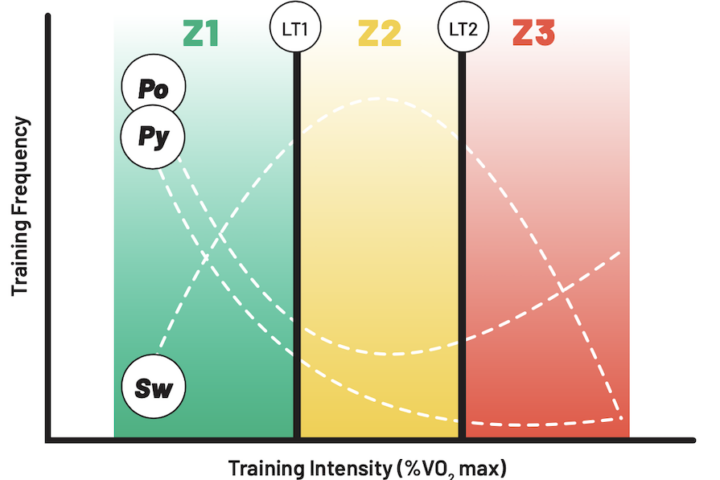
Most popular training methods claim to build your aerobic engine, but the training to achieve that goal will look and feel very different.
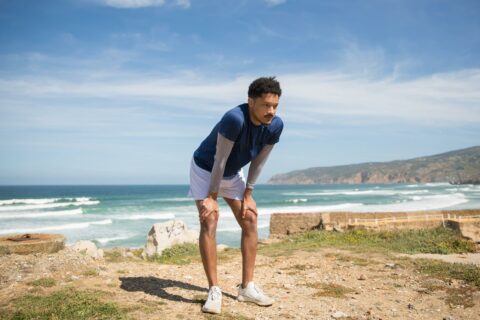
Intensity can be a slippery slope for endurance athletes—there is a temptation to push harder and longer. The real recipe for performance might entail some new priorities.

In this week’s show, we talk about marginal gains in the Tour, how best to approach training races, and what to do if you encounter an emergency mid-ride.
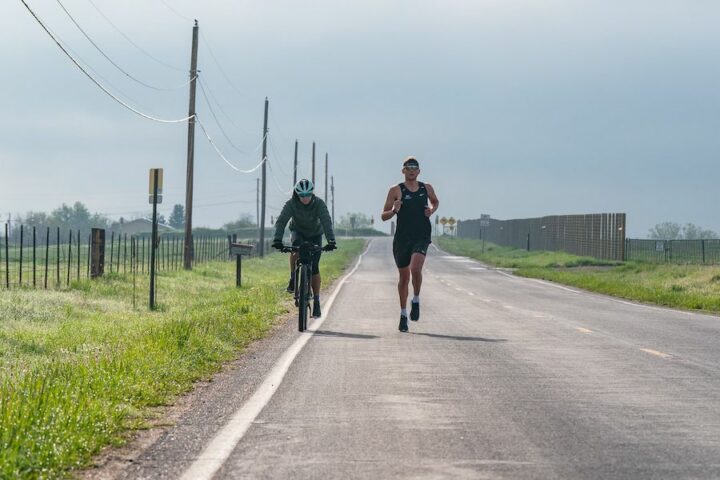
Work with your athlete to create a race plan for the season—and then build your training plan from there, but remember there’s plenty to factor in.
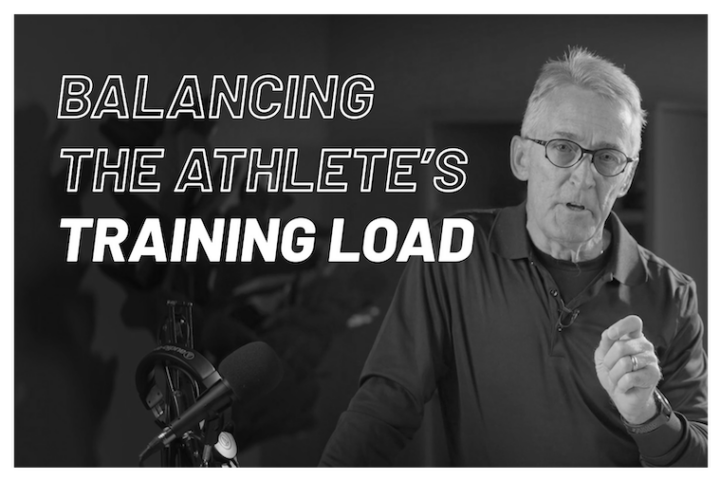
Joe Friel explains the data that helps coaches plan athlete training load while also factoring in recovery.
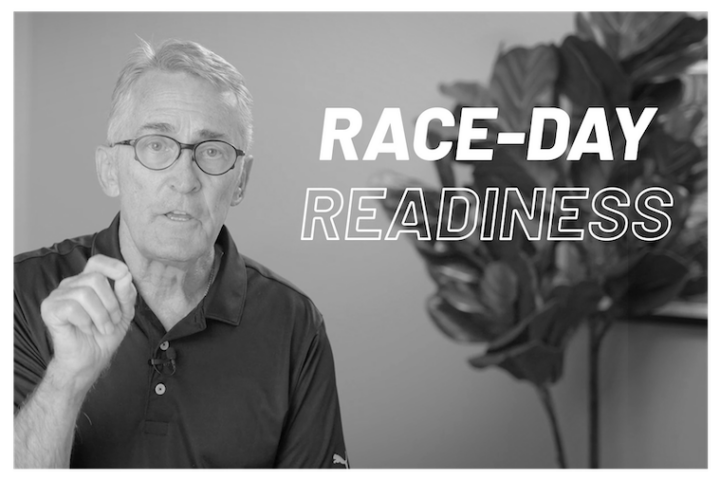
In this video, Joe Friel discusses how best to bring an athlete to form by striking the right balance between fitness and fatigue. It can be a fine line—and will be different for every athlete.
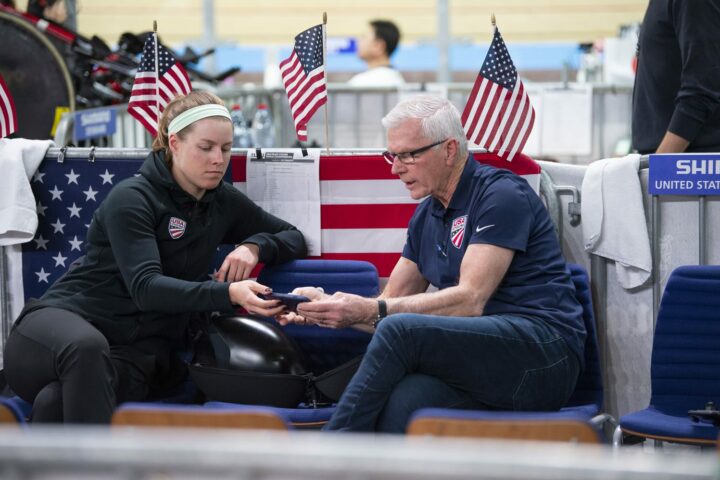
How you assess and analyze performance with your athletes can have a huge impact on their progress. Here’s our guide to ensuring that post-race debrief goes as smoothly as possible.
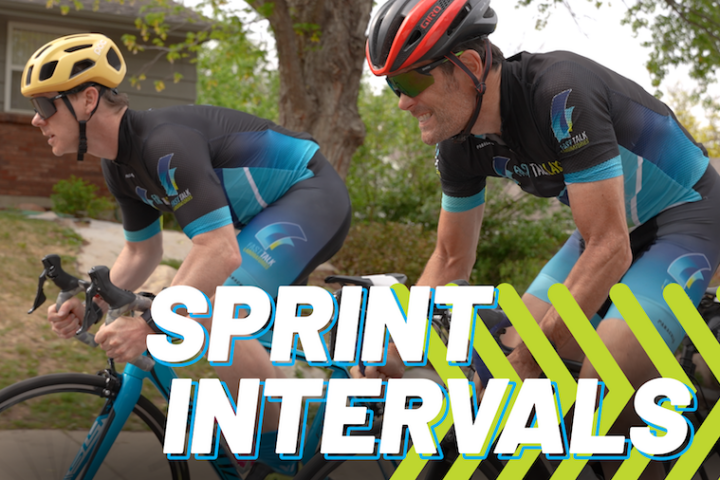
Trevor Connor and Rob Pickels run through one of their favorite sprint workouts, and share some helpful tips and tricks.
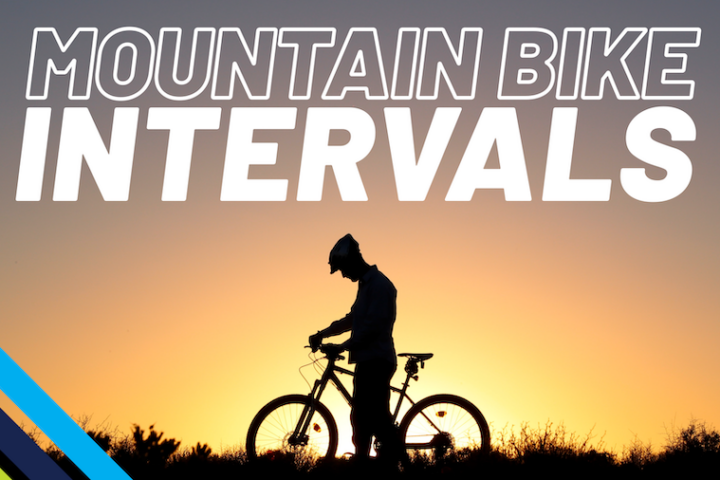
Rob Pickels shows us how to do mountain bike intervals based on Dr. Seiler’s polarized training research.

World-leading environmental physiologist Dr. Stephen Cheung shows how to practice heat training in your own home and how to incorporate it into your annual training schedule.

Our hosts have a “potluck discussion” about athletes’ different needs for carbohydrates, how 2×2-min intervals compare to Tabatas, and why current athletes can come back much quicker from time off.
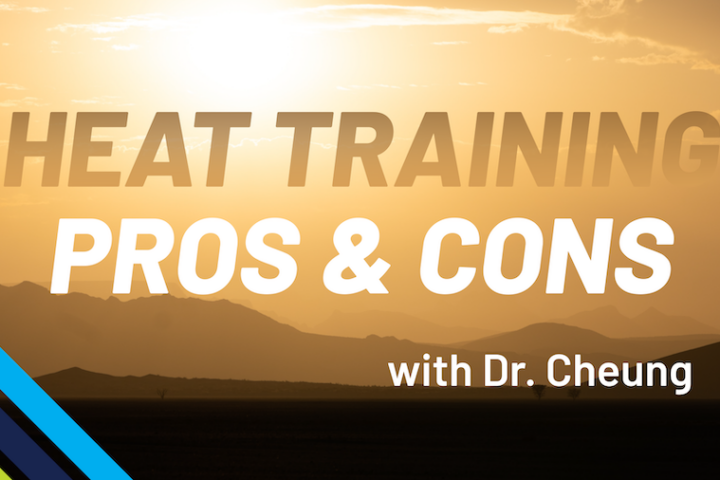
In this workshop, find out whether the benefits heat training carry over to racing in temperate environments.
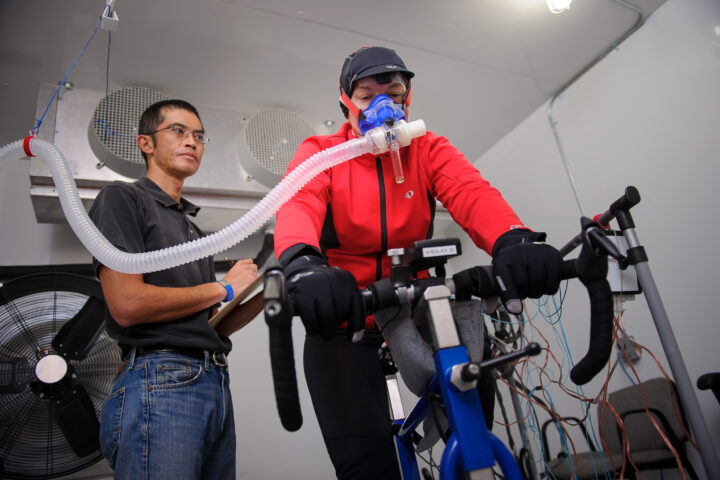
Heart rate, power, and now breathing: they all have their own languages and tools that are critical to endurance sports, but you might not have known that breathing is also trainable.

Coach Ryan Kohler shows the right way to do a Tabata Intervals workout, based on the research of Dr. Izumi Tabata, and when to do Tabata workouts during your season.

Is more better? We explore how our bodies adapt to training and why the right amount of stress at the right times is a far better way to train than going hard all the time.